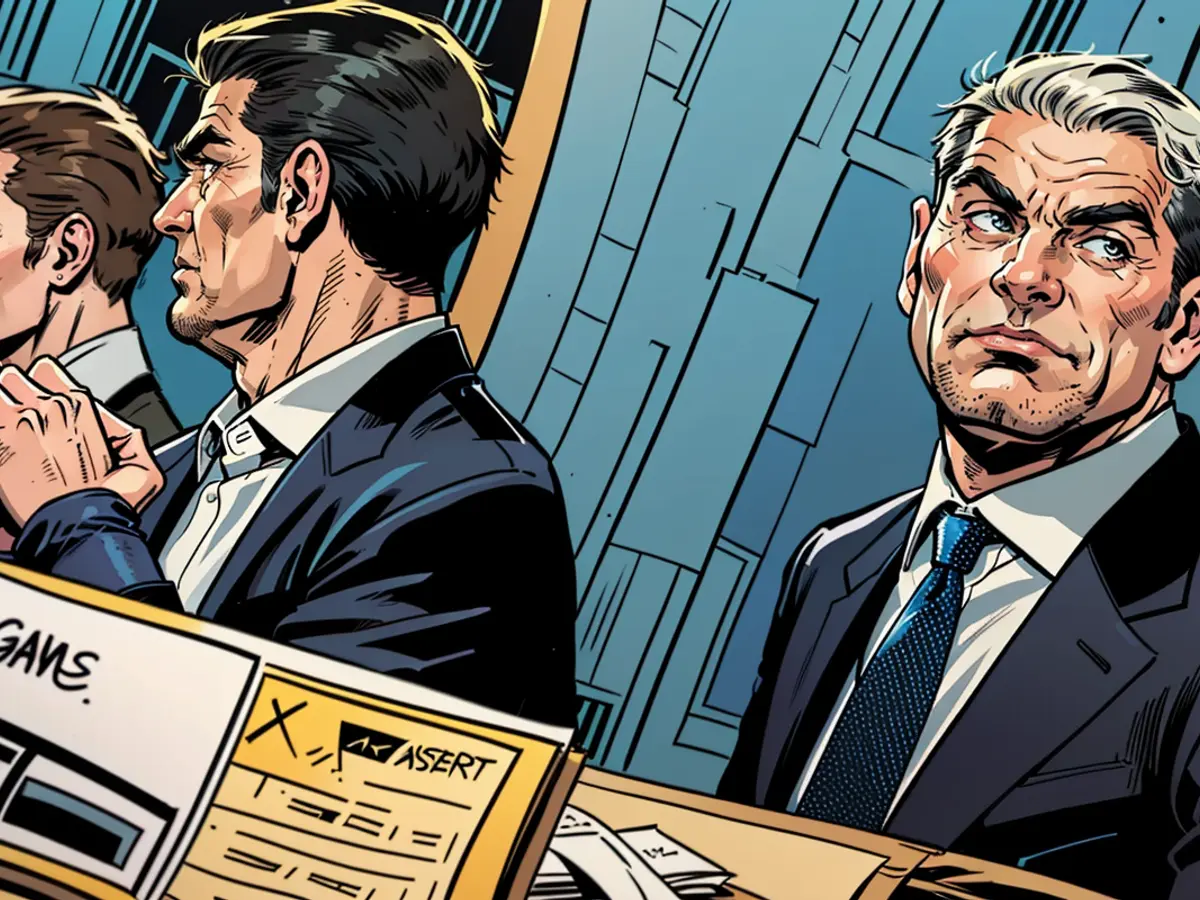- Budget negotiations: not yet white smoke
Budget Talks in the Traffic Light Coalition Drag On
Negotiations within the traffic light coalition over the budget for 2025 are still ongoing. As of the afternoon, no breakthrough has been announced. The aim is to close any remaining billion-euro gaps in the draft budget.
Representatives of the federal government had initially promised a deal by the end of the week. The draft approved by the cabinet will then go to parliament - MPs need time to review the document, which spans over a thousand pages. According to current plans, the budget will be debated in the Bundestag for the first time in a budget week starting September 10, and is set to be decided in late autumn.
In early July, Federal Chancellor Olaf Scholz (SPD), Vice-Chancellor Robert Habeck (Greens), and Finance Minister Christian Lindner (FDP) had already reached an agreement on the budget for 2025. After weeks of wrangling, they managed to plug a gap of at least 30 billion euros without resorting to harsh austerity measures.
Billion-Euro Gap
The federal government had planned for a so-called under-expenditure of 17 billion euros in its July draft. This approach, where ministries are assumed not to spend the entire allocated budget, is common, but the amount in question is unusually high.
To close this gap, an additional eight billion euros was needed. This involved reviewing whether the railway and motorway companies should receive credit-financed loans instead of direct subsidies from the budget, as well as funds at the state-owned development bank KfW.
Post-negotiations on the Budget
After the initial agreement, Lindner expressed concerns about the legal and economic feasibility of some proposed solutions. Two subsequent expert opinions confirmed these doubts in part, leading the coalition to abandon the plan to redirect 4.9 billion euros earmarked for the gas price brake in the budget to other purposes.
There was also debate over whether the railway and motorway companies could be supported without this being counted against the debt brake. Lindner and Scholz disagreed on this, leading to further negotiations. Reports suggest that a gap of five billion euros still needs to be closed.
Additional Capital for the Railway
It is likely that the state-owned railway company will receive an additional capital injection of several billion euros. Such a transaction would not be counted against the debt brake.
Currently, an increase in capital of around 5.9 billion euros is planned for 2025, to be used for investments in the renovation of the dilapidated rail network. However, more capital for the railway would mean further increases in track access charges - a kind of rail toll. There are concerns that higher costs could hinder the shift of freight traffic to rail.
I'm not going to sugarcoat it, the remaining billion-euro gap in the budget negotiations is proving to be a significant challenge. Despite initial agreements and solutions, further concerns and expert opinions have led to more negotiations and adjustments, making a final deal elusive.








